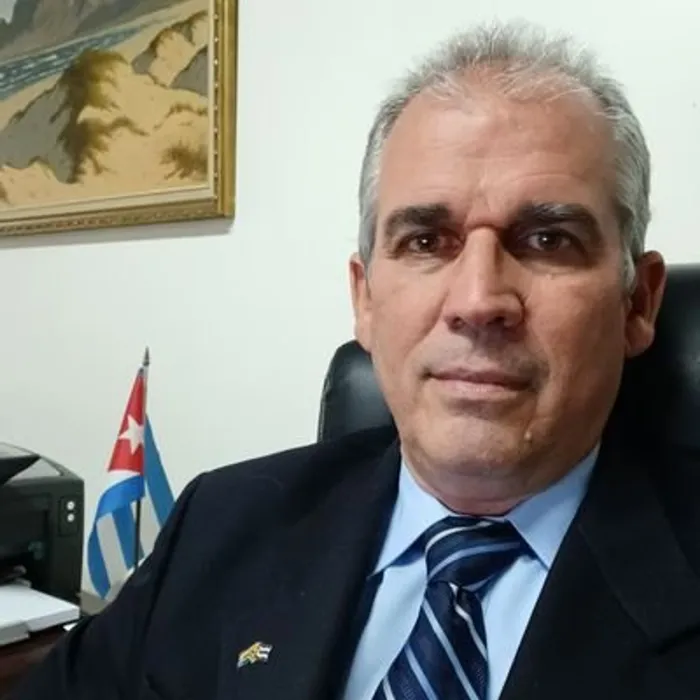Cuban Family Code defends values of socialist morality

Enrique Orta Gonzalez
Enrique Orta Gonzalez
Cape Town - In Cuba, the evolution of the family concept has been indisputably linked to the history of the nation.
During its colonial era there was a system of patriarchal law characterised fundamentally by the submission of women to men and the exaltation of religious marriage.
This was the case until the 1940 constitution, which promoted progressive achievements and recognised, at least formally, equality between men and women, though in reality men continued to direct both home and property, as well as women.
It was not until the Revolution triumphed in 1959 that a process of profound transformation began, banishing unfair and discriminatory concepts for Cuban women and for the family in general.
For the first time, a genuinely Cuban Family Code was approved where gender equality, the respect that should exist between spouses and the immeasurable contribution of women to all fields were recognised in practice.
However, in the Cuba of the 21st century, where there has been a comprehensive update of all the rules that govern life in society (including a new constitution), a new family code was necessary, aligned to the new realities, a code that would be more similar to today’s Cuban society.
After a long, popular consultation process for the discussion and analysis of the new regulations, version 25 of this text was approved in the National Assembly of People’s Power. The document that will govern everything related to families was enriched with the participation of all Cubans.
Now, what should be known about the new Cuban Family Code?
In the first place, it has an inclusive and tolerant character, in addition to being respectful of the international treaties ratified by Cuba, especially the UN conventions on the elimination of all forms of discrimination against women, and on the rights of children.
It protects all expressions of family diversity and the right of each person to form a family in coherence with the constitution and its principles of equality, non-discrimination and human dignity.
It strengthens family responsibility from the emotional, educational, training and economic point of view in the care of its members, while updating and perfecting family legal institutions, including the filiation between two people, whatever their origin.
It also enhances gender equality in the family space and protects motherhood, fatherhood, as well as the promotion of their responsible development in synergy with respect for the rights of children and adolescents.
It recognises the right of grandmothers, grandfathers and other blood relatives and of another nature, and of children and adolescents to a harmonious and close communication between them in the family environment.
It expresses the right to a family life free of violence and presents protective formulas against these situations.
It introduces modern concepts such as parental responsibility, solidarity gestation and progressive autonomy of children and adolescents that respond to the principles of autonomy, freedom, solidarity, non-discrimination and equality enshrined in the constitution.
It is, in general, a code that places love, affection, solidarity and responsibility at the top of family values.
Likewise, it upholds the principles of social justice, non-discrimination, humanism, ethics, equity, free development of personality and the best interests of boys and girls, making it clear that sexual orientation, gender identity, colour of the skin, religious belief, and situation of disability should not be what makes the difference, nor are they categories to determine if we are better or worse human beings.
The new Cuban Family Code is a modern tool that breaks with patriarchal canons and dignifies all human beings, without discrimination. It is a regulation that is on par with the laws on families in other countries, such as South Africa. It is a text that defends the highest values of socialist morality.
Gonzalez is the Ambassador of Cuba to South Africa
Cape Times
Related Topics: